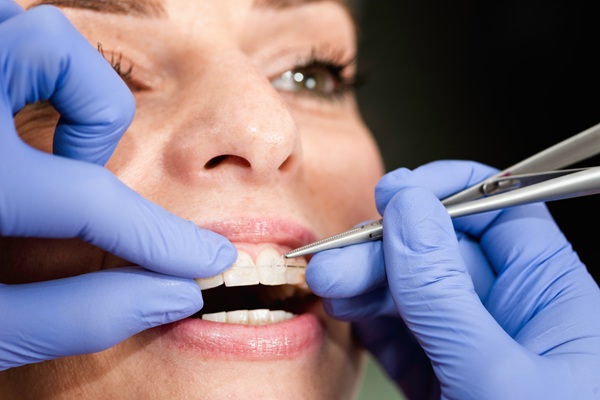How Dental Sealants Protect My Child’s Teeth

Wanting a little more information on dental sealants for your child before making an ultimate decision? When it comes to your child’s good oral health, it is your job as a parent to make sure that they are doing everything necessary to support your good oral health. Since many children often experience difficulty brushing every single tooth in order to remove any built-up plaque, many parents are choosing to add sealants to their children’s teeth for additional protection.
What are dental sealants?
Wondering, what exactly are dental sealants? According to the American Dental Association, a sealant is a thin protective coating made from plastic or other dental materials that adheres to the chewing surface of the back teeth. They are applied to the teeth with a goal of protecting them from dental decay and can even be applied when decay is present in order to prevent the decay from turning into a cavity. Because sealants lead to a reduction in decay, children who have sealants placed on their teeth will experience good oral health.
How dental sealants protect children’s teeth
Sealants protect children’s teeth by completely covering the tooth with a protective barrier. This protective barrier does not allow an accumulation of bacteria on the teeth, which helps to protect the teeth from the acids that cause holes in the teeth. These holes are what jeopardizes the health of a child’s tooth, which can no longer happen once their teeth are protected using dental sealants.
When should children have sealants placed on their teeth?
Children’s molars start to grow in right around the age of six years old. Current dental recommendations state that sealants should be placed on these molars as soon as they grow in with a goal of protecting them from decay. A child’s second set of molars will begin to grow in right around the age of 12 years old, so sealants can be placed on children’s teeth anytime between the ages of six and 12.
Is applying sealants an easy process?
Yes, applying sealants to children’s teeth is a quick and easy process. There is also no discomfort or pain at all, which is good news for children who happen to experience a little dental anxiety. An experienced dentist will first clean and dry the tooth. They will then place a special gel on the tooth that allows the sealant to bond to the tooth. A special light is then used to harden the sealants.
Interested in getting sealants for your children?
Thinking your children will benefit from getting dental sealants? If yes, the sooner you make an appointment to have the sealants placed on their teeth, the sooner their teeth can be protected. While children may try to brush their teeth well so they do not have to be diagnosed with any cavities, it is difficult for them to reach all the surface areas of their teeth. That is why many parents choose to add the extra protection of dental sealants.
Are you considering dental sealants in the Roswell area? Get more information at https://www.roswelldentalsmiles.com.
Check out what others are saying about our services on Yelp: Read our Yelp reviews.
Recent Posts
Advancements in orthodontics make it possible to achieve a straighter smile without the noticeable appearance of traditional metal braces. Clear braces provide an option that blends in with natural teeth, offering a more subtle approach to orthodontic treatment. Their translucent or tooth-colored materials allow individuals to correct alignment issues while maintaining a simple aesthetic.Clear braces…
If you are struggling with sleep apnea, you need to address the condition right away. This is not an issue that will generally go away on its own. It is also a serious problem that can lead to severe health challenges. Luckily, your dentist is a good resource to turn to for help. Your dentist…
A smile makeover comprises multiple cosmetic dental treatments performed to enhance the way your smile looks. The experience is unique for each person since the treatments selected are based on their unique needs. By the time the smile makeover is complete, the patient should be happy with the way their teeth look.Thinking about tackling all…
A smile makeover allows you to address concerns you may have with your smile, including but not limited to damaged teeth, stained teeth, missing teeth, short teeth, misalignments of the teeth and jaw, and a gummy smile. This review discusses the benefits of a smile makeover.The most notable benefits of getting a smile makeover include…


